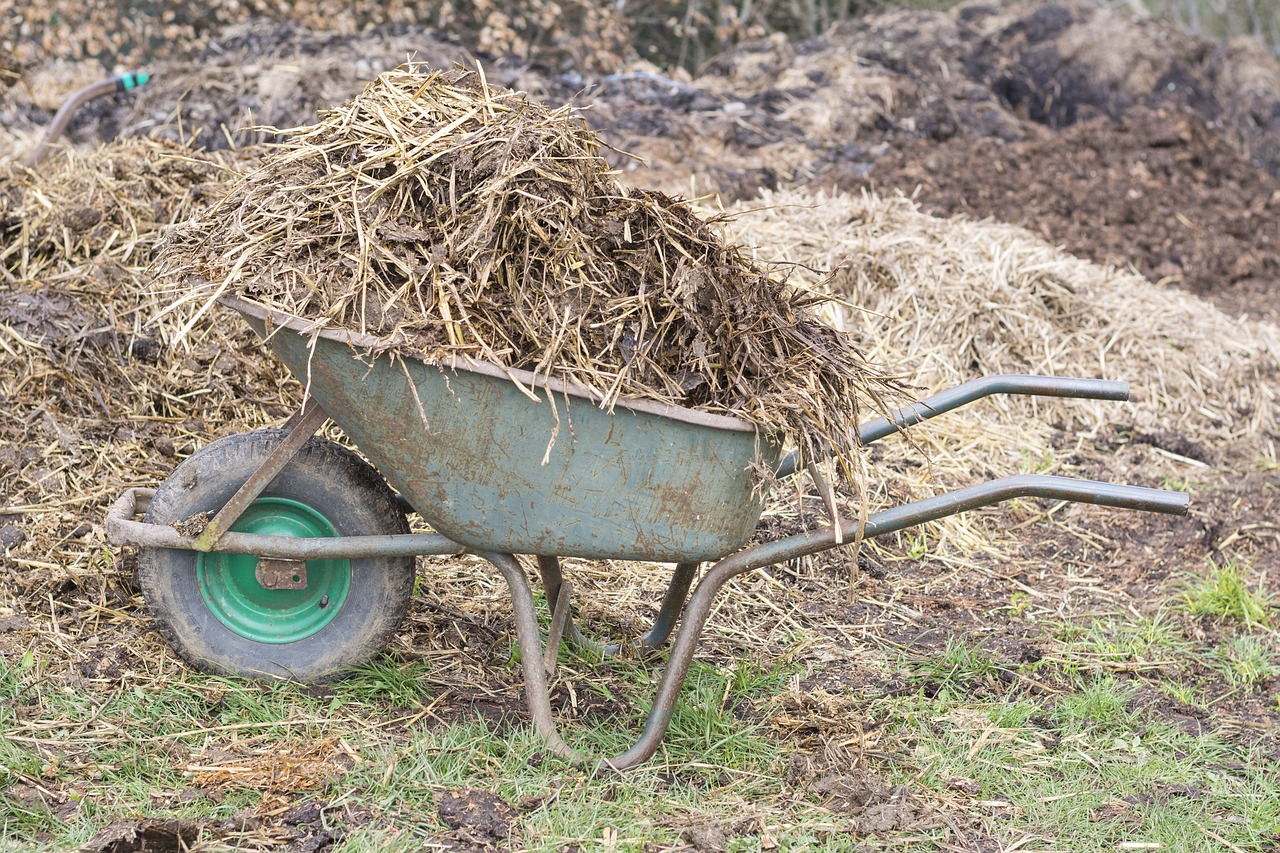Originally published as a blog for the Plymouth Historical Society on May 7th, 2019
When thinking of commodities, the first thought would probably not be manure. Commodities like oil, gold, coffee, and natural gas have a fairly high demand, but who would pay a premium price for manure? In many cases, large farms need to pay others just to get rid of their massive amounts of manure. However, as the price of man-made fertilizers increases, it is entirely possible that manure will return to its state as a highly valued commodity.
Notice that I specifically mentioned manure’s “return” as a commodity. Organic fertilizers were in high-demand for city dwellers and suburbanites before artificial fertilizers began to dominate the market. People would pay a high price for well-preserved barnyard manure for their city gardening needs. Organic material was a necessity for fertile soil beds and mulching and few adequate alternatives were available. The following quote comes from the USDA’s Yearbook of Agriculture:
The confirmed home gardener will almost jeopardize his next winter’s coal supply to buy manure for his flowers. And, if his home is close to one of our great cities, he pretty nearly has to….The demand for [barnyard manure] has far exceeded the available supply, particularly in the great urban districts.
Yearbook of Agriculture, 1931, p. 362
The great irony — which still applies today — was that:
By an interesting working of the law of compensation, prospects for producing large quantities of organic materials…are brightest just where this commodity is scarcest. Our larger cities…continually dispose of great quantities of organic waste in the form of garbage and sewage, and these are potential sources of fertilizer materials.
Yearbook of Agriculture, 1931, p. 363
There has certainly been a movement to compost more organic materials in cities, but the concept of using human wastes is one that will likely never be fully adopted. It would require a complete paradigm shift on the topic and I doubt the average city dweller would be ready to return to using outhouses (and can you imagine the upset neighbors?). Yet, the reality remains that as the demand for better (and cheaper) fertilizer rises, manure’s value will most likely increase to the level of a highly sought after commodity.
For more information on the use of manure in early 20th century farming, see The Best Kept Secret to Successful Farming, Part II.
